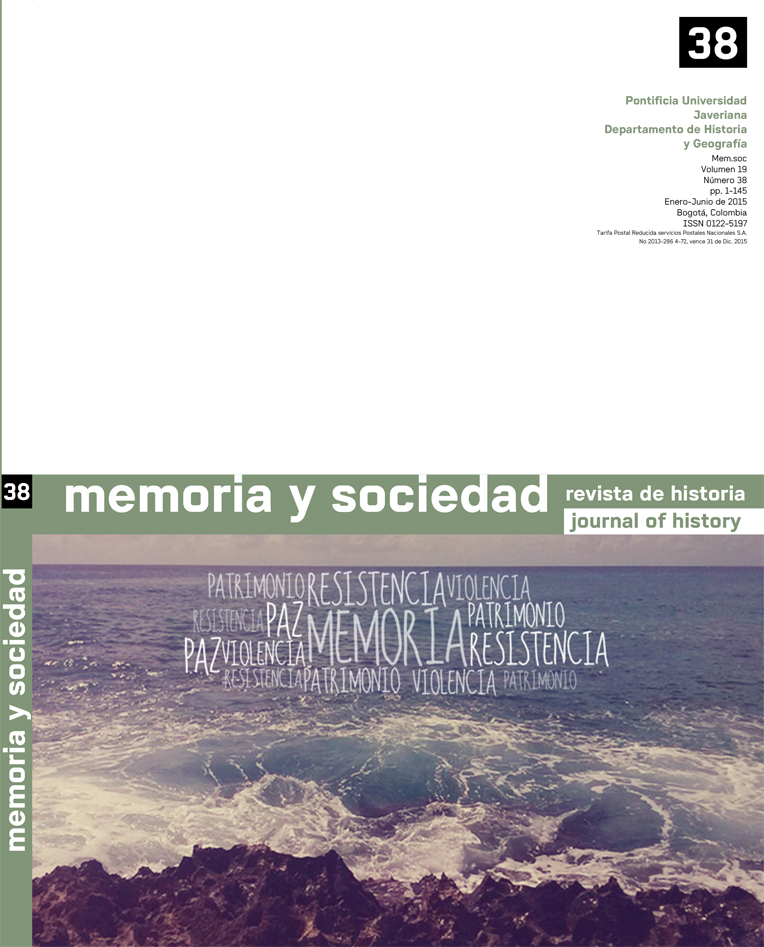Abstract
The article aims to narrate the visit the Colombian militaries paid to the Nazi Germany. It is based on the idea that this presence was not only part of the relations between the two countries but, instead, it contributed to the formation of networks in interrelated spaces. These soldiers got into the German military world which, in turn, managed to infiltrate Colombia as well. The article inquires into what the parties involved wanted, who participated, what attitudes Colombians had towards that country, if those soldiers were nazis. It is concluded that three missions were sent and they do not only visited Germany, but they were also in other countries. Their reports are full of admiration for the host country and the journey raised their criticism, which is evidenced in the constant compasions between the two countries. However, knowledge transfer did not have much effect because American influence grew and WWII broke out shortly after.The journal Memoria y Sociedad is registered under a Creative Commons Attribution 4.0 International Public License. Thus, this work may be reproduced, distributed, and publicly shared in digital format, as long as the names of the authors and Pontificia Universidad Javeriana are acknowledged. Others are allowed to quote, adapt, transform, auto-archive, republish, and create based on this material, for any purpose (even commercial ones), provided the authorship is duly acknowledged, a link to the original work is provided, and it is specified if changes have been made. Pontificia Universidad Javeriana does not hold the rights of published works and the authors are solely responsible for the contents of their works; they keep the moral, intellectual, privacy, and publicity rights.
Approving the intervention of the work (review, copy-editing, translation, layout) and the following outreach, are granted through an use license and not through an assignment of rights. This means the journal and Pontificia Universidad Javeriana cannot be held responsible for any ethical malpractice by the authors. As a consequence of the protection granted by the use license, the journal is not required to publish recantations or modify information already published, unless the errata stems from the editorial management process. Publishing contents in this journal does not generate royalties for contributors.

